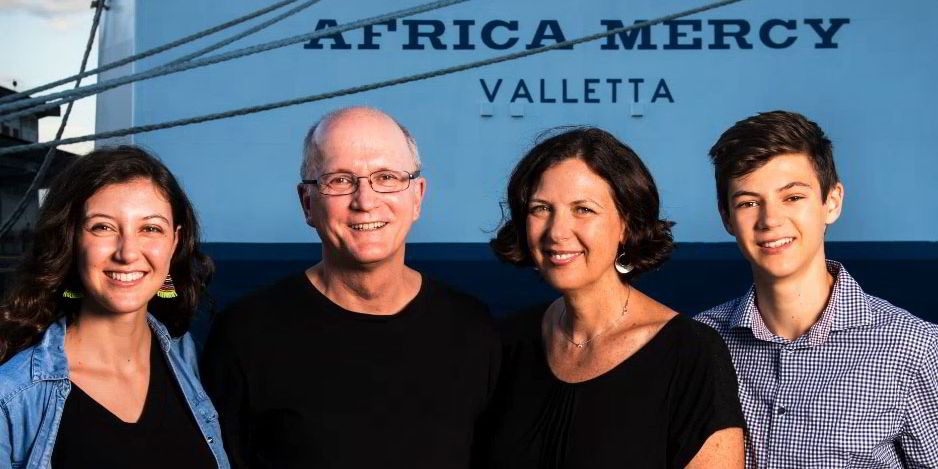Hospital ship charity Mercy Ships has raised more than $750,000 so far from its Cargo Day this year, with a couple of weeks still to go.
More than 80 companies from the global shipping and trading community have participated in this year's fundraiser, and further Mercy Cargoes will be accepted until December 31.
"Donations and so-called Mercy Cargoes, where charterers allocate cargoes and brokers contribute 50% of their commission, are still very welcome," Mercy Ships said.
Since Cargo Day was launched in 2016, companies across the industry have raised almost $4m.
Cargo Day 2021 kicked off in November as the charity's first purpose-built newbuilding, the 36,600-gt Global Mercy, started to undergo outfitting at the Port of Antwerp.
When the hospital ship enters service next year, Mercy Ships will more than double its impact in providing free surgical and medical care to thousands of people in sub-Saharan Africa every year.
The new ship will have six operating theatres, six hospital wards, radiology, screening, rehab and outpatient care, and will operate alongside Mercy Ships' current vessel, the 16,572-gt converted rail ferry Africa Mercy (built 1980).
To participate in the remaining few days of Cargo Day 2021, visit mercyshipscargoday.org.
Since its launch five years ago, Cargo Day has enjoyed support particularly from charterers, brokers and owners working with tankers.
Founded in 1978 by Don and Deyon Stephens, Mercy Ships has been active in more than 55 developing countries, providing services valued at more than $1.7bn and directly benefiting more than 2.8m people.
The Africa Mercy draws volunteers from over 60 nations — an average of more than 1,200 each year, including surgeons, nurses, dentists, healthcare trainers and teachers, as well as seafarers.
The capital cost of the newbuilding was raised largely from private and corporate donors, but millions of dollars are needed each year to provide medical services and operate the new ship, as well as give training support for African medical professionals.
Some 16.9m people die each year due to lack of access to surgical care, with a large percentage of those deaths in Africa's developing nations, where fragile healthcare systems cannot support the need for safe, surgical procedures.







